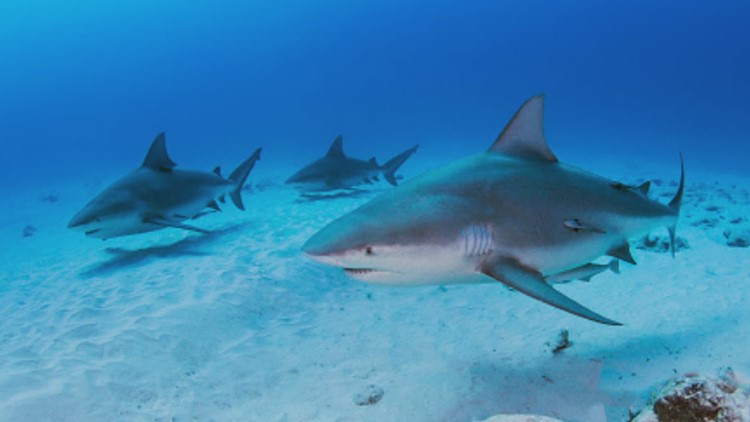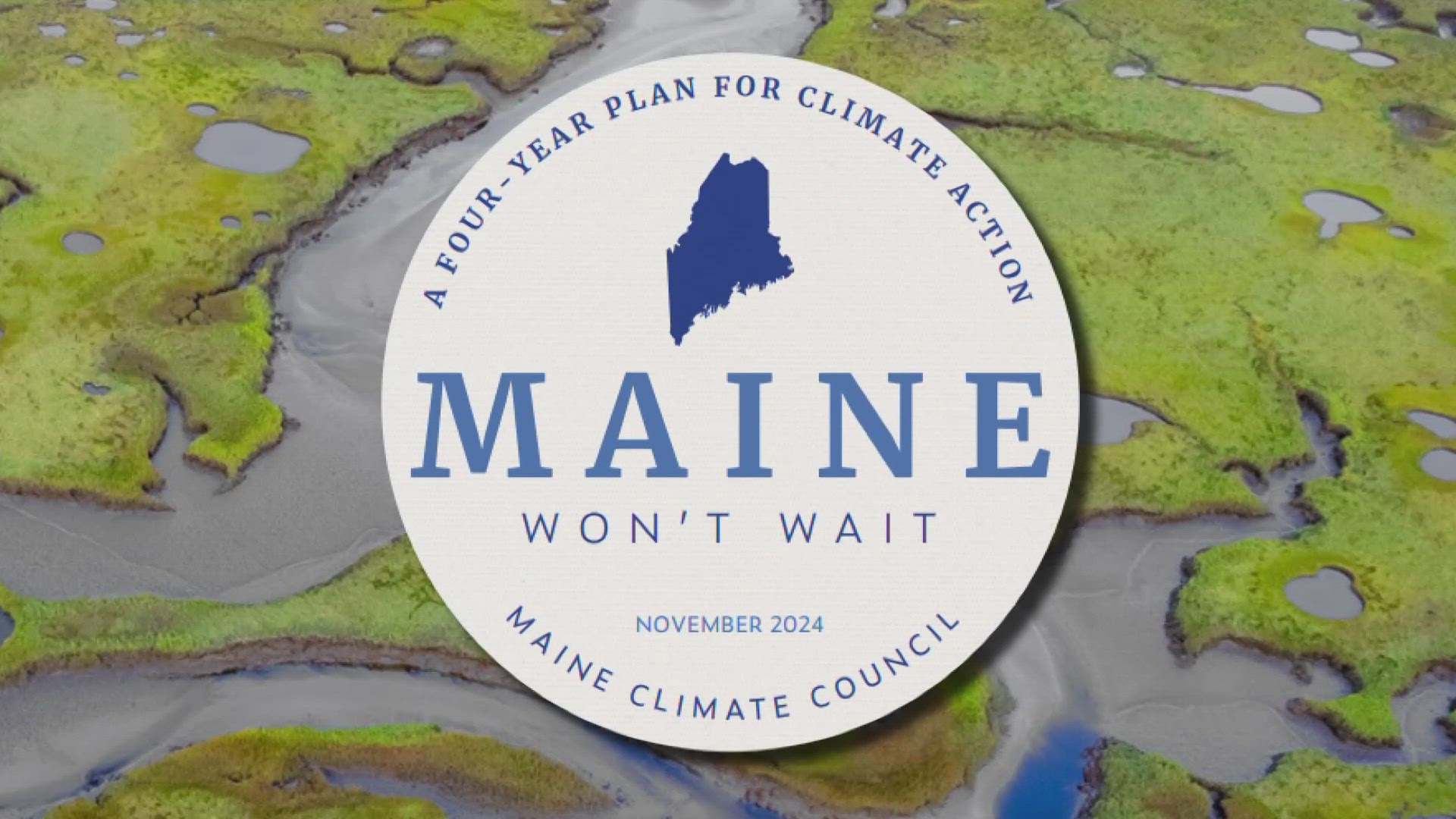AUGUSTA, Maine — The Maine Department of Marine Resources (DMR) is teaming up with the nonprofit Atlantic White Shark Conservancy (AWSC) and the Massachusetts Division of Marine Fisheries (DMF) for a research project that will help provide information about the presence of great white sharks in Maine’s inshore waters.
The AWSC, launched in 2013, works in collaboration with shark science experts, government officials, researchers, and more community partners to “augment scientific research, improve and influence factors that affect public safety, and educate both the local and broader community to inspire a greater understanding of white sharks and conservation of the species,” its website says.
The project will involve the placement of 20 passive acoustic receivers by Maine DMR science bureau staff in near-shore Maine waters that will capture data from tags placed on great white sharks in research conducted by DMF since 2010. Currently, there are approximately 210 great white sharks that have been tagged in the on-going research work.
AWSC will fund the purchase of twelve receivers that will be added to others supplied by DMF and DMR.
“We have a long history of partnering in both management and science with Massachusetts DMF,” DMR Commissioner Patrick Keliher said. “Massachusetts certainly has had their share of experience with white sharks. With a study already in progress we can immediately engage with them to help expand and improve the understanding of this species.”
This summer Maine had its first fatal shark attack in Harpswell, and since then, six confirmed great white sightings have been reported. The protected seal population in Maine has led to an increase of sharks in Maine waters, scientists believe.
Current data shows that approximately 20 percent of the white sharks tagged in DMF’s ongoing study migrate in to the Gulf of Maine.
“This effort will provide a much better understanding of when they are in our waters, what their habitat use is, and how those change over time,” Keliher said. “This work is important from a public safety standpoint and it will provide valuable biological information.”
“This is a species that brings with it much mystery and this partnership will help close that knowledge gap,” Dan McKiernan, Director of Mass DMF, said.
“We are excited to establish a partnership with Maine DMR and expand our working relationship with Mass DMF,” stated Cynthia Wigren, CEO of AWSC. “We are pleased to jumpstart these efforts, through the generosity of AWSC Board member Chris Bouton who has a home in Maine, by donating twelve acoustic receivers to DMR.”
Data from the acoustic receivers will be also be provided to AWSC which will upload it to their Sharktivity app. The app provides users with a recap of shark activity detected by receivers, in addition to shark sightings information and alerts. The app also allows users to upload their own photos and locations of sharks they spot.
Maine DMR will work with Mass DMF to identify locations for the receivers and DMR’s Bureau of Marine Science and Marine Patrol will deploy them.



